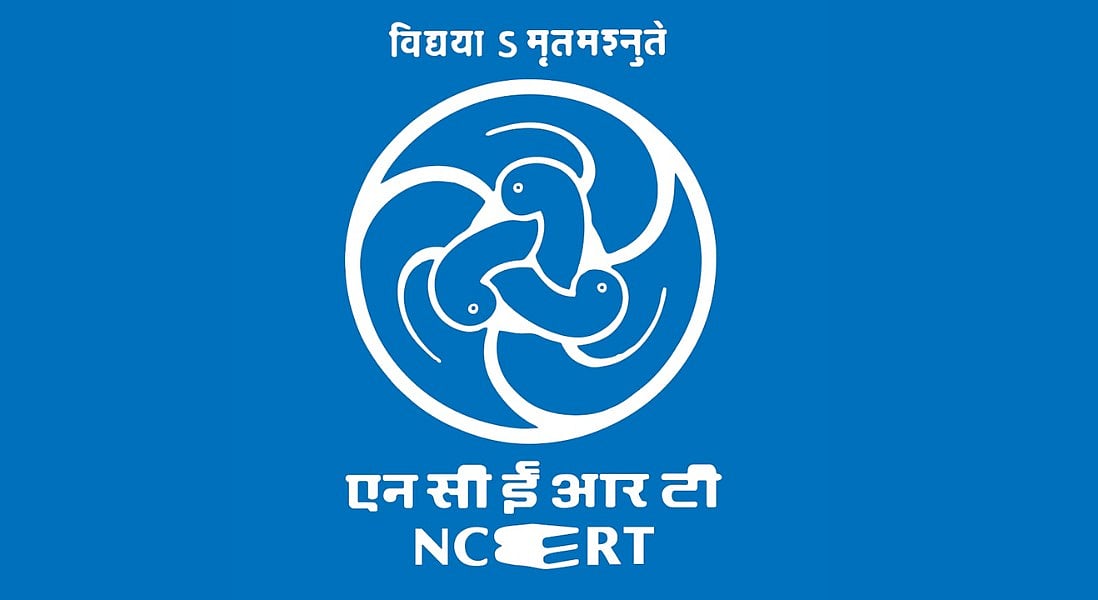In a major step to advance child safety through education, the National Council of Educational Research and Training (NCERT) has introduced messages on Personal Safety in the newly released Grade 4 Environmental Studies (EVS) textbook. This initiative underscores NCERT’s commitment to equipping children with essential life skills and fostering safe and supportive learning environments.
The content for these messages was developed in collaboration with Arpan, a Mumbai-based NGO that has worked extensively in the field of child sexual abuse prevention for nearly twenty years. Arpan supported NCERT in finalising age-appropriate content on ‘Safe and Unsafe touch’, drawing from its long-standing Personal Safety Education (PSE) Programme, which has reached millions of children. The programme’s core principles—sensitive, action-oriented, and tailored to a child’s developmental stage—were incorporated to align with national educational goals.
By placing safety and dignity at the heart of the learning experience, these messages enable children to understand personal boundaries, identify unsafe situations, and seek help from their helpful adults—laying the foundation for a culture of awareness and prevention. Arpan has also collaborated with NCERT previously to integrate foundational concepts of safe and unsafe situations into the Grade 2 Hindi textbook, helping younger children begin their journey toward self-awareness and protection at an early stage.
“We are honoured to have collaborated with NCERT on this important step,” said Pooja Taparia, CEO of Arpan. “It is heartening to see prevention being prioritised so meaningfully, and we believe this will enable children across India to grow up feeling safer and having more agency. While Arpan has reached millions through teacher training, embedding these life skills into the curriculum ensures every generation of children is equipped to participate in their safety and be able to avert incidences that can greatly impact their well-being.”
As the new textbooks reach classrooms nationwide, they open the door for vital conversations between children, educators, and families—normalising dialogue around safety, consent, boundaries, and the right to seek help.
